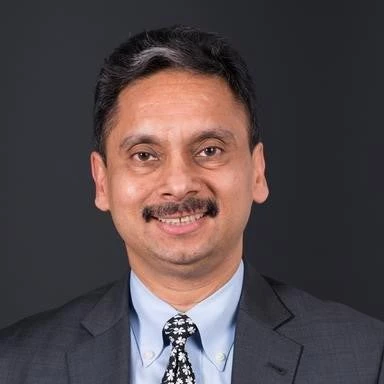
What strikes me most as we engage further in citizen security issues in Latin America and the Caribbean is the level of interconnectivity that can be found at every possible level.
To begin with, of course, are the criminals themselves. Crucial to the success of organized criminal organizations is their ability to transcend borders and effectively integrate the very diverse and harmful facets of their enterprise. We also know how much the different forms of crime – drug traffickers, gun traffickers, youth gangs -- feed off one another. This is especially salient in Central America and Mexico, two of our team's priorities.
Then come the governments responsible for combating them. Just as there is not one sector that can claim to be immune to the effects of rising crime –think education, social development, housing, transport, justice– there is no strategy that can pretend to respond to the challenge without engaging all of these and other sectors.
What's more, we have to look at every aspect of the violence that affects communities to ensure we are not merely satisfied by decreasing statistics on one end, while neglecting another. The risk being that focusing on some statistical gains could, in fact, be overlooking the fight against other just as severe and complex forms of violence.
Faced with the immense challenge posed by Central America's security situation, will we be able to think creatively and beyond our conventional approaches, which have clearly been insufficient so far? Will we manage to truly work holistically and with the global vision required to tackle cross-sectoral and transnational phenomena, urging key actors in the region to play a different role than before?
How do we not let our own structure or procedures constrain our approach to dealing with such complex problems?
It's clear that the World Bank cannot address this overwhelming phenomenon alone.
We need to think outside the box, and in particular about how to best partner with other key actors in the region (Central American governments, regional organizations, other international donors, the U.S. Government), each of course carrying out activities that leverage our strengths and our comparative advantages, while staying within our mandates.
In that regard, we also need to look at what lessons we could draw from other Bank experiences in the region. One crucial contribution we could make, for instance, would be to expand our support to countries in data collection to include more accurate crime statistics.
There is no doubt that keeping pace with the sophisticated and transnational nature of criminal organizations will require a sophisticated and transnational strategy -- more time consuming, and complex for all actors involved in combating them.
But pretending to do it any other way will only ensure that the criminals stay one step ahead.


Join the Conversation